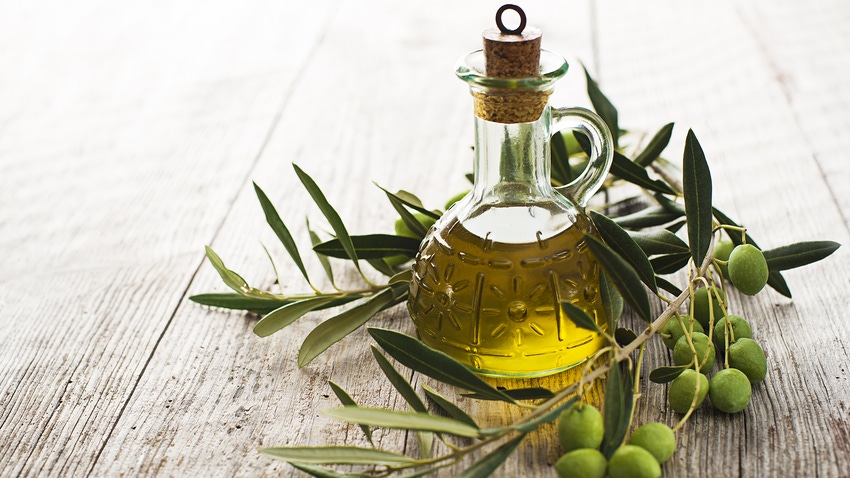Albanian olive oil may offer relief as droughts push olive oil prices up
Despite decreased rainfall affecting olive production in the region, Albania’s Kalinjot olive trees maintain high yields, while the global olive oil market contends with dramatic price increases due to climate-driven shortages in major producing countries like Spain and Italy.

At a Glance
- Olive oil prices are rising due to dramatic drops in production caused by droughts and high temperatures.
- Albanian Kalinjot olive trees are uniquely hardy and less susceptible to the negative effects of climate change.
- Kalinjot olives offer hope for stabilizing olive oil prices and potentially mitigating the effects of global shortages.
In Albania, Kalinjot olive trees maintained production, despite decreased rainfall in the region, according to Bianti Danaj, founder of Donika Olive Oil.
“This year, there wasn’t a lot of rainfall, and a lot of [olive trees] didn’t produce … got damaged or they dropped their olives in the ground,” Danaj said. “The Kalinjot variety, not so much.”
The food and beverage market has weathered dramatic price hikes in recent years. While some products, like eggs and butter, have dipped in price following dramatic increases, olive oil prices continue to rise.
According to the European Commission, olive oil prices were 75% higher in September 2023 compared to January 2021. Prices continued to increase between September 2022 and September 2023.
Olive oil’s climbing cost is largely attributed to a years-long drought and record-high temperatures in Spain, which slashed the region’s olive oil production in half, NPR reported. As the world’s largest producer of olive oil, Spain’s drop in production caused enduring price surges.
Other countries like Italy are also coping with olive oil shortages at the hands of climate-driven drops in production, The New Daily reported.
Danaj said Kalinjot trees are notably hardy, making them potentially less susceptible to the effects of unfavorable changes in climate.
Albania’s olive oil
Albania is home to 12 million to 13 million Kalinjot olive trees, per Danaj. He attributed Albania’s present-day prolific crop of Kalinjot olive trees to his company’s namesake: Donika Kastrioti, an Albanian nobelwoman whose diplomacy helped to unite the country during the 15th century.
“Her husband, our national hero, Skanderbeg, had never tried olives and olive oil,” Danaj explained. �“Their wedding was the first time they tried it, and because they loved it so much, there was an unwritten rule that every couple that gets married after that … has an obligation to [plant] 10 new olive trees of this variety.”
Albanian olive oil, including the olive oil produced by Donika, is monovarietal and produced exclusively from Kalinjot olives.
Beyond its resistant nature, the Kalinjot olive yields a number of benefits, including a high content of health-boosting polyphenols. According to Danaj, Donika’s premium organic olive oil contains 810 milligrams per kilogram of polyphenols, exceeding the requirement of 500 milligrams per kilogram of polyphenols needed for a “high-phenolic olive oil” claim.
The company’s premium organic olive oil is processed from tree to oil in about three hours.
“Most people do it in about 24 [hours] to 72 hours, and we have gotten that process to three hours,” Danaj said. “Of course, it has its downsides because we produce way less than other people.”
In addition to premium organic olive oil, the company is focused on producing extra-virgin olive oil.
“We have seen there is a lot of open space in the market for extra-virgin olive oil,” Danaj added. The company can produce a higher volume of extra-virgin olive oil compared to its premium organic olive oil.
About the Author(s)
You May Also Like








